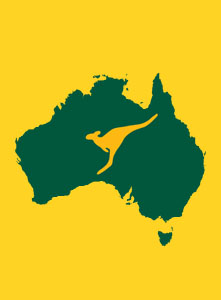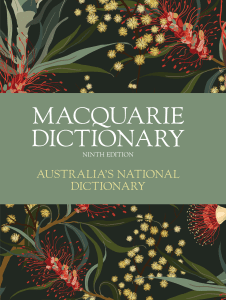Recently, The Daily Telegraph published an article discussing the rise in Aussie kids picking up US slang and pronunciations from games and streaming services. Among other examples, it pointed out:
More kids are choosing to say zee instead of zed for the last letter of the alphabet, pronounce offence and defence with the emphasis on the first syllable, and change the “yew” sound in words such as due, duplicate and attitude.
Also taking over are trendy new words from YouTube stars such as “tea” for scandalous gossip, “lit” to describe something amazing, or “shade” to trash someone while “bathroom” has largely replaced “toilet” and “butt” is preferred to “bum”.
Here in Australia, we have always taken up words and expressions from other English-speaking parts of the world. There’s no denying that US English has become the greatest overseas influence on Australian English, probably since World War II. That influence has grown exponentially in recent years, first with films and TV, and then with the internet (social media, YouTube) and computer games.
The US is being exposed to Australian English as well, through our films and TV, and the internet (think selfie, budgie smugglers), but there is obviously a huge discrepancy between the amount of US material we are exposed to and the amount of Australian content the Americans see.
Although it sometimes seems that Australians, especially the younger demographic, are unquestioningly adopting US English, there is actually some selectiveness going on. We still wear thongs on our feet (as well as elsewhere, it’s true), go up the street to buy a BBQ chook, take an esky to the footy, have buck’s parties. We still have lounge rooms and drive utes and light the barbie.
We’re still bogans. And bludgers. And dags. We still take sickies.
If the other kids muck up, we might dob on them. In an Australian accent.
I have great faith in the resilience of Australian English. It will continue to adopt bits and pieces from other Englishes, but I’m sure it will retain its unique identity.




